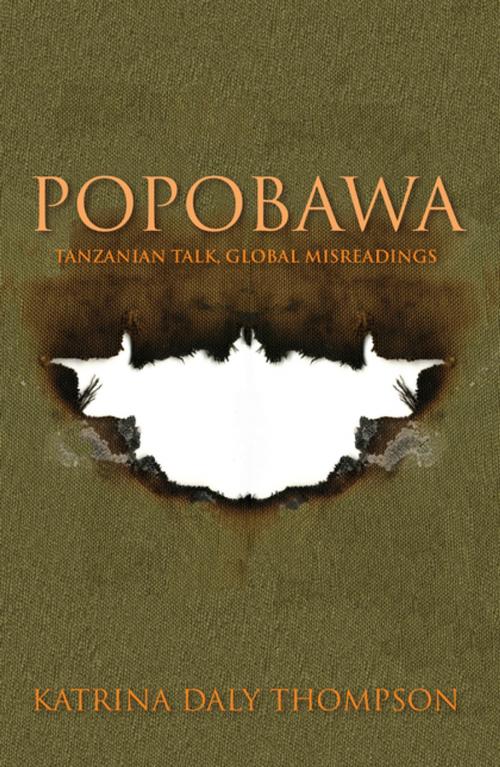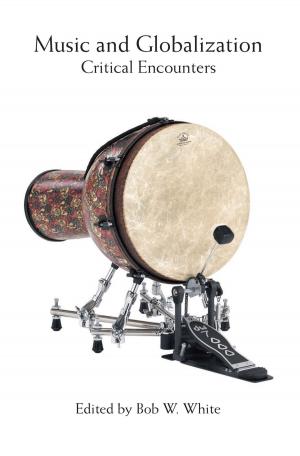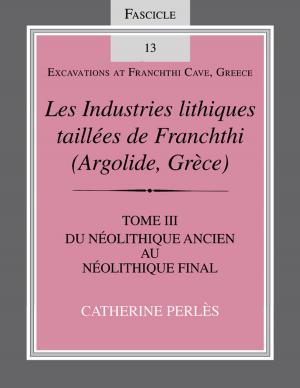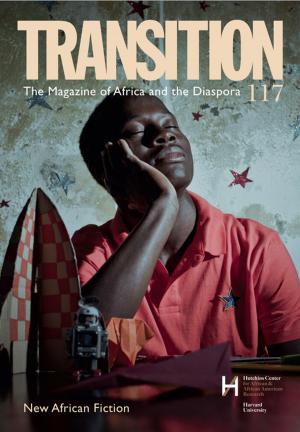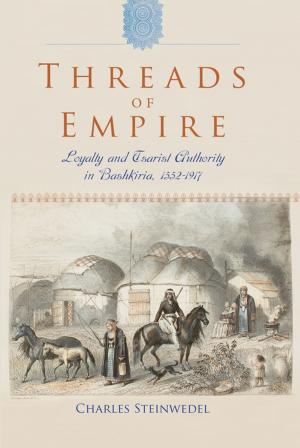Popobawa
Tanzanian Talk, Global Misreadings
Nonfiction, Social & Cultural Studies, Social Science, Cultural Studies, Customs & Traditions, Gender Studies| Author: | Katrina Daly Thompson | ISBN: | 9780253024619 |
| Publisher: | Indiana University Press | Publication: | February 6, 2017 |
| Imprint: | Indiana University Press | Language: | English |
| Author: | Katrina Daly Thompson |
| ISBN: | 9780253024619 |
| Publisher: | Indiana University Press |
| Publication: | February 6, 2017 |
| Imprint: | Indiana University Press |
| Language: | English |
Since the 1960s, people on the islands off the coast of Tanzania have talked about being attacked by a mysterious creature called Popobawa, a shapeshifter often described as having an enormous penis. Popobawa’s recurring attacks have become a popular subject for stories, conversation, gossip, and humor that has spread far beyond East Africa. Katrina Daly Thompson shows that talk about Popobawa becomes a tool that Swahili speakers use for various creative purposes such as subverting gender segregation, advertising homosexuality, or discussing female sexuality. By situating Popobawa discourse within the social and cultural world of the Swahili Coast as well as the wider world of global popular culture, Thompson demonstrates that uses of this legend are more diverse and complex than previously thought and provides insight into how women and men communicate in a place where taboo, prohibition, and restraint remain powerful cultural forces.
Since the 1960s, people on the islands off the coast of Tanzania have talked about being attacked by a mysterious creature called Popobawa, a shapeshifter often described as having an enormous penis. Popobawa’s recurring attacks have become a popular subject for stories, conversation, gossip, and humor that has spread far beyond East Africa. Katrina Daly Thompson shows that talk about Popobawa becomes a tool that Swahili speakers use for various creative purposes such as subverting gender segregation, advertising homosexuality, or discussing female sexuality. By situating Popobawa discourse within the social and cultural world of the Swahili Coast as well as the wider world of global popular culture, Thompson demonstrates that uses of this legend are more diverse and complex than previously thought and provides insight into how women and men communicate in a place where taboo, prohibition, and restraint remain powerful cultural forces.
